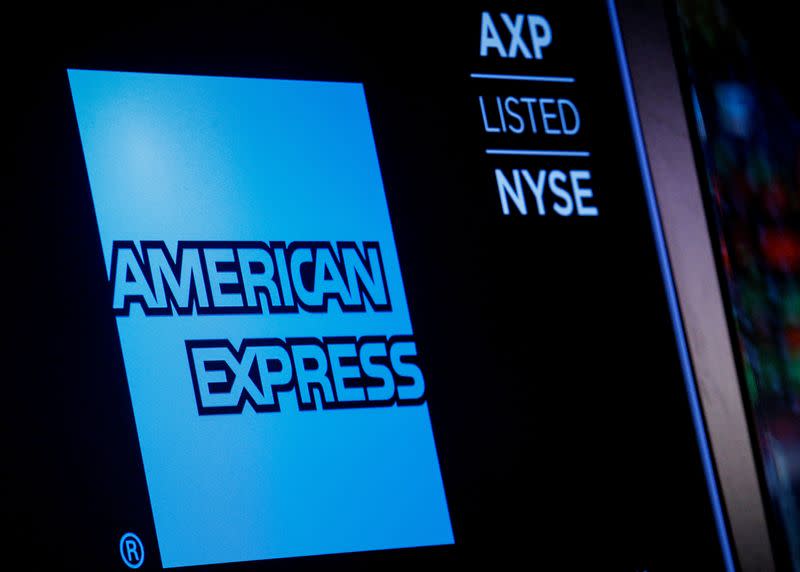US says military personnel suing big banks should not be forced to arbitrate
By Jonathan Stempel
NEW YORK (Reuters) - The Biden administration on Thursday said military personnel should be allowed to pursue class actions accusing Citigroup Inc and American Express Co of overcharging them on loans, and not be forced to arbitrate their claims individually.
In "statements of interest" filed with a federal court in North Carolina, the Department of Justice said federal law gives service members an "unwaivable right" to pursue class-action claims even if they had agreed to arbitrate.
Consumer protection has been one focus of President Joe Biden's domestic agenda.
The Justice Department weighed in on private lawsuits accusing Citibank and American Express National Bank of wrongly charging military personnel more than 6% interest on some loans.
Citibank allegedly overcharged four named plaintiffs on credit cards, with Army Sergeant Jeremy Bell seeing his rate increase to 25.99%, while Amex overcharged Army National Guard veteran Nicholas Padao, who served in Iraq.
According to the Justice Department, such charges violated the federal Servicemembers Civil Relief Act, whose roots date to the Civil War, and can be challenged in court via class actions.
"The law's explicit purpose is to allow servicemembers to devote their entire energy to the defense needs of the nation, (and) must be read with an eye friendly to those who dropped their affairs to answer their country's call," the department said in both filings.
Class actions let individuals sue as a group, with potentially higher recoveries and lower costs than if they arbitrated individually.
Citigroup had no immediate comment. It has said applicable federal law did not apply retroactively to cover the accounts of the plaintiffs in its case.
Amex did not immediately respond to requests for comment. It has said Padao's agreement to arbitrate "must be enforced as written."
The cases are Padao v American Express National Bank, U.S. District Court, Eastern District of North Carolina, No. 22-00145; and Espin et al v Citibank NA in the same court, No. 22-00383.
(Reporting by Jonathan Stempel in New York; Editing by Bill Berkrot)

 Yahoo Finance
Yahoo Finance 

